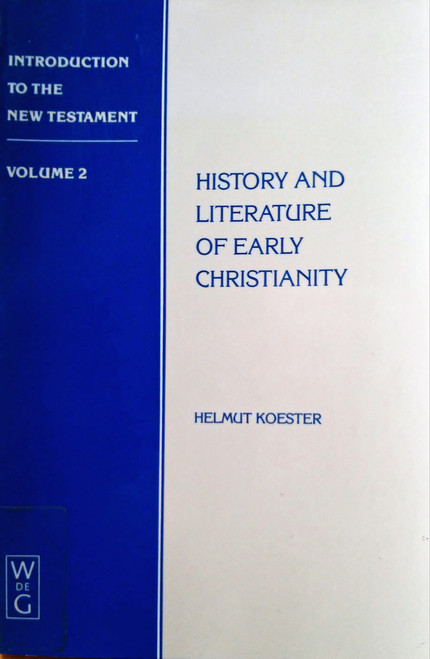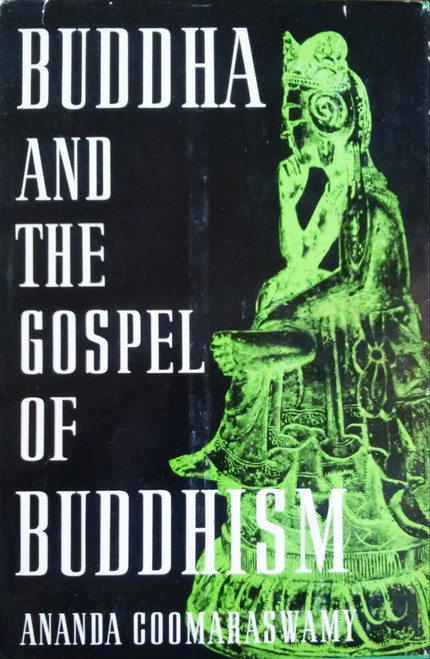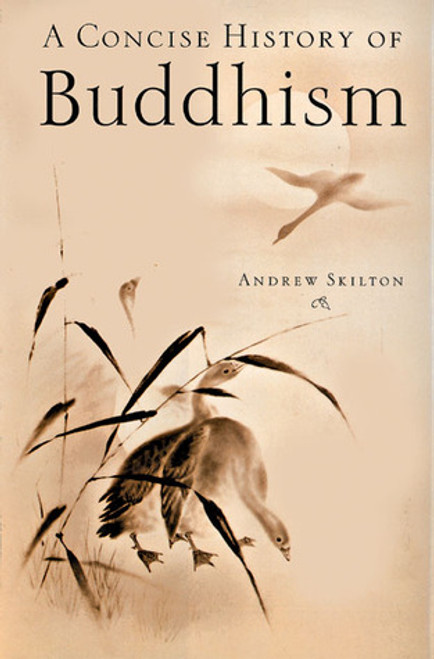As Buddhism spread along the Silk Road through Central Asia and into the East Asian cultural sphere, it made its way into Korea. In this new cultural setting, the religious tradition was adopted by the court. Buddhism served as a culture carrier for the Chinese ideas that were spreading eastward and at the same time it still preserved much of its Indian heritage. The richness of the religious expression to be found in Buddhist texts, rituals and institutions added much to the life of Korea. This volume touches on many of the complex issues which characterized this cultural interchange between Korea and other Buddhist cultures, an interchange that has been little studied in the West.
About the Author
Lewis Lancaster (1932) is Emeritus Professor of the Department of East Asian Languages at the University of California, Berkeley, USA, and has served as President, Adjunct Professor, and Chair of the dissertation committee at University of the West since 1992. Lancaster has published over 55 articles and reviews and has edited or authored numerous books including Prajñāpāramitā and Related Systems, The Korean Buddhist Canon, Buddhist Scriptures, Early Ch’an in China and Tibet, and Assimilation of Buddhism in Korea.







